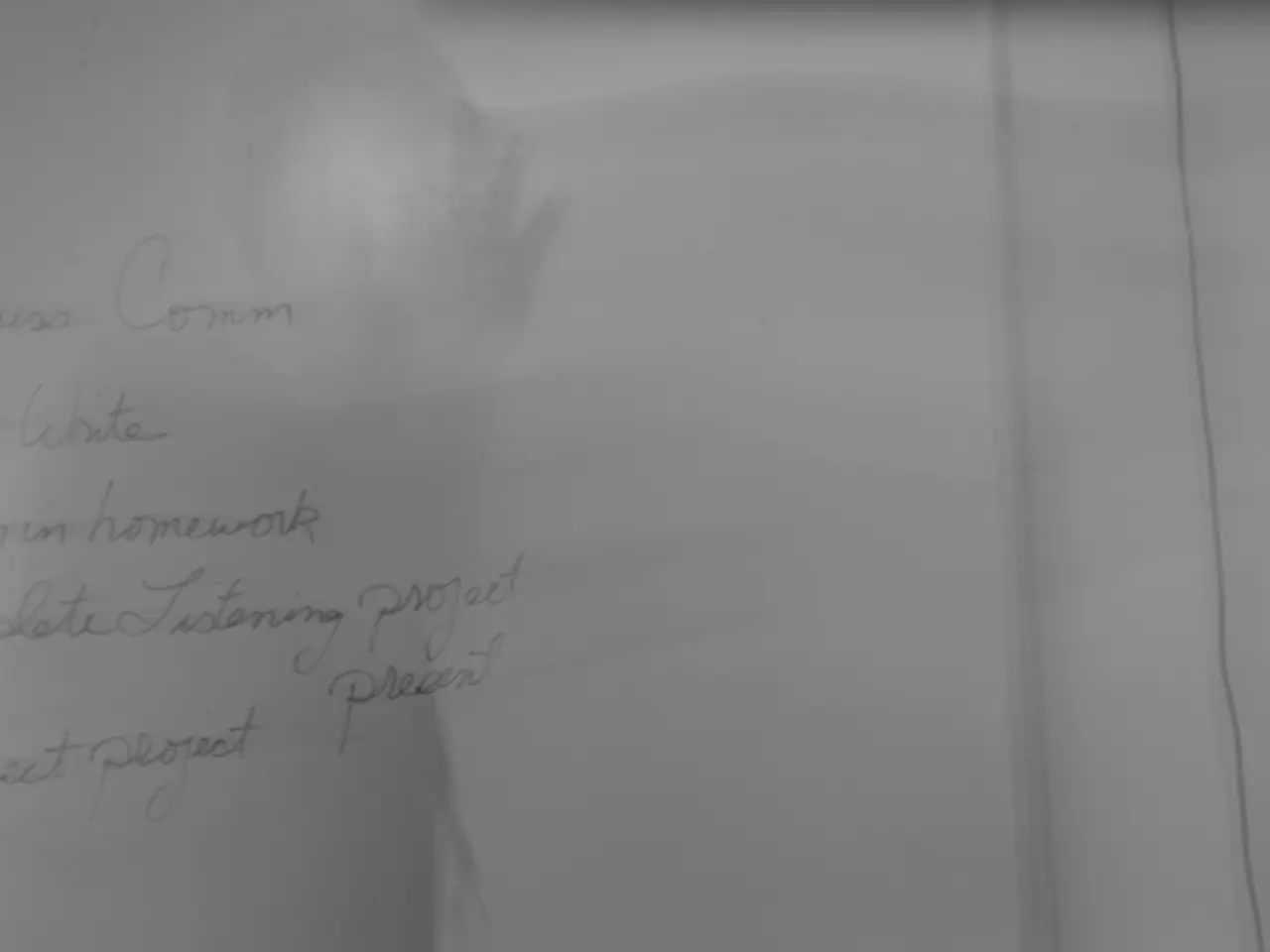Blood Medicine for Kidney-Related Hypertension
High blood pressure, also known as hypertension, is a common health condition that can have serious consequences if left untreated. Fortunately, there are several lifestyle adjustments and medications that can help lower blood pressure and protect the kidneys.
Lifestyle modifications play a crucial role in managing high blood pressure. Reducing sodium intake, limiting alcohol consumption, exercising regularly, and maintaining a healthy weight are all effective ways to lower blood pressure and safeguard kidney health. Regular exercise, such as 150 minutes a week of moderate-intensity activity, can significantly lower blood pressure.
Following a nutritious, well-balanced diet, like the DASH diet, is also beneficial. This diet emphasizes fruits, vegetables, lean proteins, and low-fat dairy products while limiting sodium, saturated fats, and sugars.
In addition to lifestyle changes, medication may be necessary to effectively manage high blood pressure and protect the kidneys. Common medications include angiotensin receptor blockers (ARBs), calcium channel blockers (CCBs), thiazide-like diuretics, and aldosterone synthase inhibitors (ASIs).
ARBs, such as candesartan and telmisartan, relax blood vessels and lower blood pressure while also protecting kidney function, particularly in diabetic kidney disease. CCBs, like amlodipine, relax blood vessels by affecting calcium movement into heart and blood vessel cells, lowering blood pressure and improving oxygen supply to the heart. Thiazide-like diuretics, such as indapamide, increase urine flow, reducing fluid levels in the body and lowering blood pressure.
ASIs are a newer class of medications that target excess aldosterone, which contributes to hypertension and kidney fibrosis. ASIs, like baxdrostat and lorundrostat, reduce blood pressure and have shown potential to protect kidney function by lowering albuminuria without greatly affecting cortisol or potassium levels. However, hyperkalemia may occur, so it's important to monitor potassium levels closely.
Combination therapies, such as triple combinations including telmisartan, amlodipine, and indapamide, are used to improve blood pressure control while protecting organs, including the kidneys.
It's important to note that reducing salt intake is an essential part of managing high blood pressure. Regular use of nonsteroidal anti-inflammatory drugs (NSAIDs) may damage the kidneys, so it's best to avoid them if possible. Quitting smoking or avoiding secondhand smoke can help lower blood pressure and protect the blood vessels. Limiting alcohol intake can help lower blood pressure and prevent weight gain.
Certain medications, such as Angiotensin-converting enzyme (ACE) inhibitors and Angiotensin receptor blockers (ARBs), can help lower blood pressure and slow down kidney damage. Other medications that can help include diuretics, potassium-sparing diuretics, beta-blockers, alpha-blockers, calcium channel blockers, and central agonists.
People with diabetes, a family history of kidney failure, or being African American, Hispanic, or American Indian have a higher risk of kidney disease. Managing stress through physical activity, meditation, yoga, and listening to music can help reduce stress levels, which in turn can help lower blood pressure. Aiming for 7-8 hours of sleep each night can also help maintain overall health and lower blood pressure.
Without treatment, high blood pressure may severely damage the kidneys and lead to kidney failure. If you are concerned about your blood pressure or kidney health, it's important to speak with your healthcare provider, who can individualize a treatment plan based on your condition and kidney function.
- High blood pressure, or hypertension, is a common health condition that can damage kidneys if left untreated.
- Reducing sodium intake, limiting alcohol consumption, exercising regularly, and maintaining a healthy weight are effective ways to lower blood pressure and protect kidney health.
- Regular exercise can significantly lower blood pressure, with recommended activities including 150 minutes a week of moderate-intensity activity.
- The DASH diet, focusing on fruits, vegetables, lean proteins, and low-fat dairy products, while limiting sodium, saturated fats, and sugars, is beneficial for managing high blood pressure and kidney health.
- Medications such as angiotensin receptor blockers (ARBs), calcium channel blockers (CCBs), thiazide-like diuretics, and aldosterone synthase inhibitors (ASIs) can aid in managing high blood pressure and protecting kidneys.
- Lifestyle modifications like quitting smoking, avoiding secondhand smoke, and limiting alcohol intake can help lower blood pressure and prevent kidney disease.
- Managing stress through physical activity, meditation, yoga, and adequate sleep can help lower blood pressure, with recommended sleep duration being 7-8 hours per night. Without treatment, high blood pressure can cause severe kidney damage leading to kidney failure.




